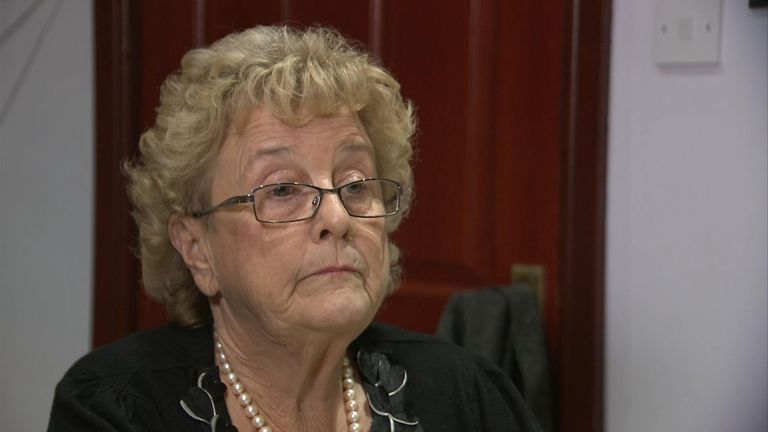Pensions gap between men and women worsening after childbirth, IFS research shows
Inequalities in the amounts saved by men and women for retirement will persist for decades, a report from the Institute for Fiscal Studies (IFS) suggests.
Gaps between the number of men and women contributing to private pensions, and the amounts they are putting aside, exist even for the youngest workers, the thinktank said, implying that differences in pension income will exist for many years to come.
Differences in private sector pension contributions exist across age groups.
Women born in the early 1950s, who have reached pensionable age, have private pension incomes around 45% lower than men, according the IFS research, funded by the Nuffield Foundation, a research-funding charity.
Working age men and women also put aside retirement money to differing degrees: more men put more money into their pensions compared to women.
Figures cited by the research said 59% of women were saving into a pension in 2019, compared with 66% of men. Average annual pension contributions made by women were £2,600, £800 less than the £3,400 put in by men.
Inequalities worsen after women give birth, the report also suggests.
Six years after the birth of a first child, average contributions made by fathers are more than twice the average contributions made by mothers.
But before any children are born, prospective fathers and mothers make similar contributions to their pension, on average.
The gap is due to differences in rates of employment, hours worked and hourly wages, the research says.
More positive progress, however, has been made towards equity for those receiving the state pension.
The report says the difference between men’s and women’s average state pension incomes is “essentially zero” among those born in the early 1950s.
It’s an improvement from women born a decade earlier who have pension incomes roughly 25% lower than women, according to the research.
“The UK pensions system relies heavily on private pension saving for providing living standards in retirement,” the welfare programme head at the Nuffield Foundation Alex Beer said.
“This means that differences in labour market participation and earnings that lead to large and persistent inequalities in labour market outcomes between men and women, subsequently show up in the gender gap in pension incomes,” she added.
“Addressing the gender pensions gap therefore requires a multifaceted approach, with policies to tackle gender inequalities in the labour market at its core.”
For all the latest business News Click Here


